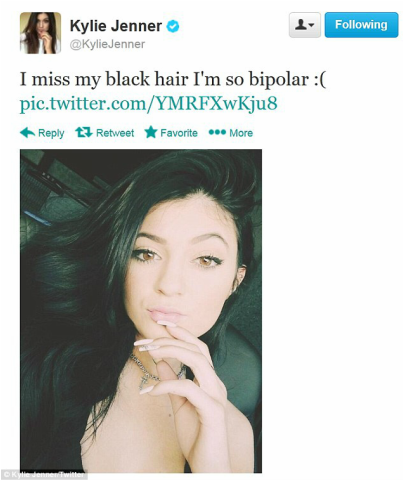
The problem with this, as the article below discusses, is that our misuse of these terms can be damaging, not only to those we are wrongfully applying the terms to, but to those with real mental illnesses, as such harmful use of these words can worsen stigma and prevent people from seeking the help they need. The article also provides a powerful reminder of what disorders such as OCD, bipolar, and schizophrenia are truly like, and compares that with normal personality traits that we often link these names to instead.
With the new year on the horizon, let's resolve for 2015 to be more mindful of the language we use, particularly when using these mental health terms, as they have the power to be hurtful and upsetting to many when used in the wrong context.
"We misuse (psychiatric terms) all the time and it could be harmful," said Emanuel Maidenberg, clinical professor of psychiatry and director of the cognitive behavioral therapy clinic at Semel Institute for Neuroscience and Human Behavior at the University of California, Los Angeles.
Improperly dropping those sorts of words into conversations only perpetuates an existing stigma surrounding mental illnesses and vilifies certain forms of conduct that many people dislike or just find disconcerting, he added."
http://www.nbcnews.com/storyline/2014-year-in-review/shes-ocd-hes-schizo-how-misused-health-lingo-can-harm-n275381?cid=sm_twitter_feed_health
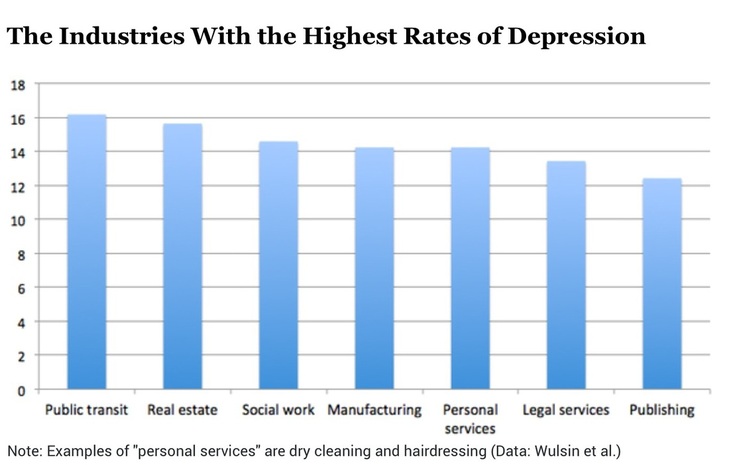

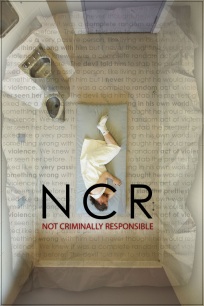
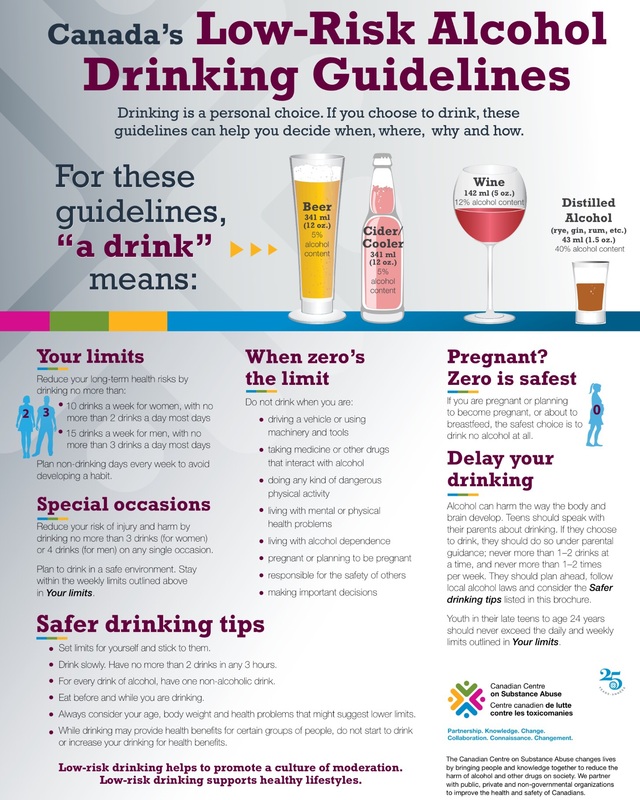

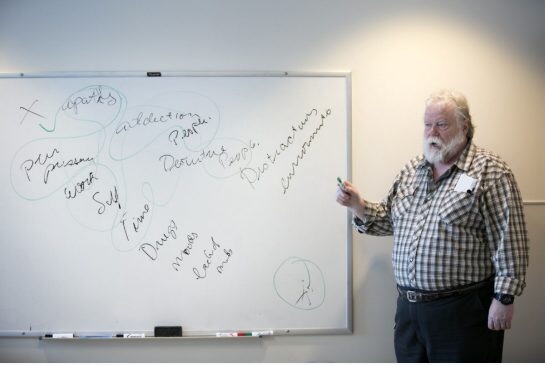


 RSS Feed
RSS Feed
